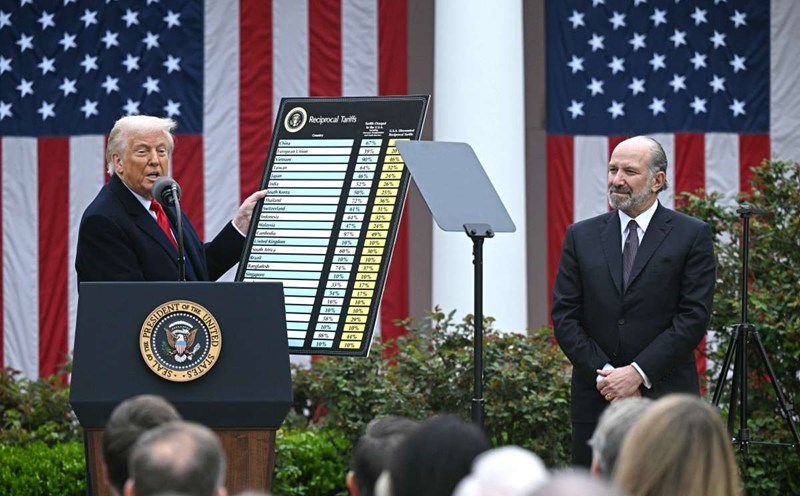1. Cases of land use purpose change
1.1. Cases of land use purpose change requiring permission
According to Clause 3, Article 121 of the 2024 Land Law, some cases of land use purpose change require permission from competent authorities, including:
- Convert agricultural land to non-agricultural land, such as residential land or land for construction works.
- Converting rice-growing land or forest land (special-use, protection, production) to other purposes within the agricultural land group.
- Convert non-agricultural land that is not residential land to residential land.
- Converting land for construction of public works or public land for business purposes to land for non-agricultural production and business.
- Convert non-agricultural land allocated by the State without land use fees to non-agricultural land with land use fees or land lease.
- Converting non-agricultural production and business land that is not commercial or service land to commercial or service land.
- Convert other types of land to concentrated livestock land when implementing large-scale projects.
1.2. Cases of land use purpose change that do not require permission
Although there is no detailed circular or decree, Clause 3, Article 121 of the 2024 Land Law stipulates that if not falling under the 7 cases requiring permission mentioned above, land users do not need to ask for permission from competent authorities when changing land use purposes.
2. Land use fee exemption
According to Clause 1, Article 18 of Decree 103/2024/ND-CP, the State exempts land use fees in the following cases:
- Housing and land support policy for war invalids and sick soldiers who are unable to work, and families of martyrs who are no longer the main laborers.
- Poor people and ethnic minority households living in extremely difficult areas, border areas, and islands.
- Households or individuals are forced to relocate due to land acquisition by the State to ensure safety of life.
- People who are not eligible for land compensation when the State reclaims land attached to houses but have no other place to live.
- Land area of cemetery infrastructure projects is arranged to serve burial for social policy beneficiaries.
3. Basis for approval of change of purpose of use
From August 1, 2024, the basis for allowing land use purpose conversion will be based on the district-level land use plan instead of the annual district-level land use plan as before. This provides more flexibility in implementing related procedures.
4. Many cases do not have to pay land use fees
According to Clause 2, Article 121 of the 2024 Land Law, when changing the purpose of use, land users must fulfill financial obligations according to the provisions of law. These obligations include land use fees, land rent, registration fees and land use taxes, and the rights and obligations of users will be applied according to the type of land after conversion.
However, not all cases of land use purpose change require payment of land use fees. Specifically, Article 156 of the 2024 Land Law and the provisions in Articles 7 and 8 of Decree 103/2024/ND-CP clearly state that:
- Cases where land use fees must be paid: Applicable to land conversion purposes listed in points b, c, d, dd, e and g, Clause 1, Article 121 of this Law.
- The payment amount is calculated by the difference between the land use value after conversion and before conversion.
- Land users can choose to pay land rent once or annually depending on specific regulations.
Thus, if the change of land use purpose falls under cases that do not require permission from competent State agencies, land users will not have to pay land use fees.









